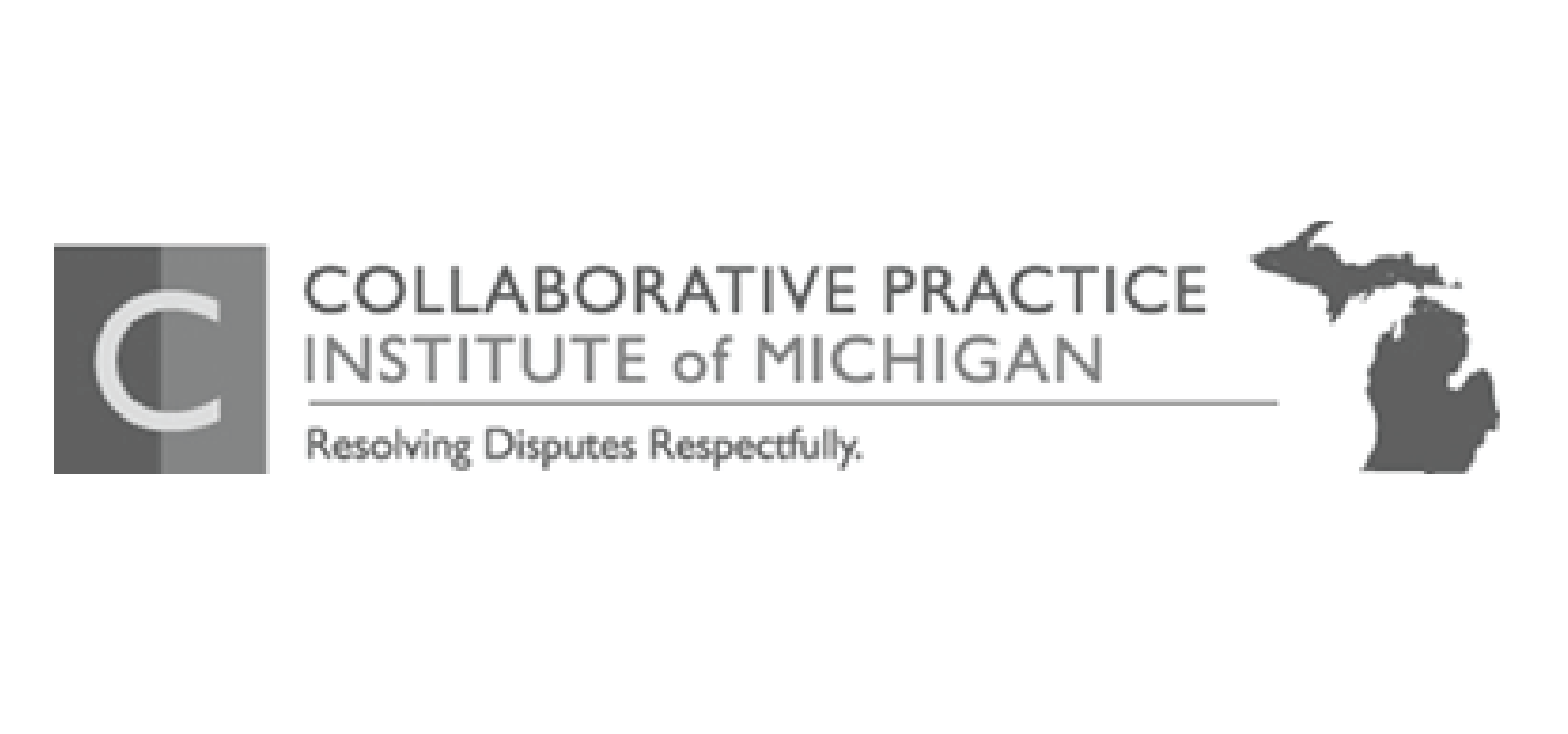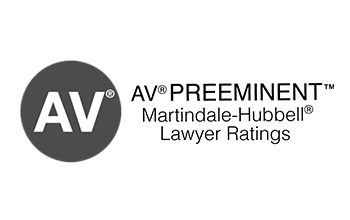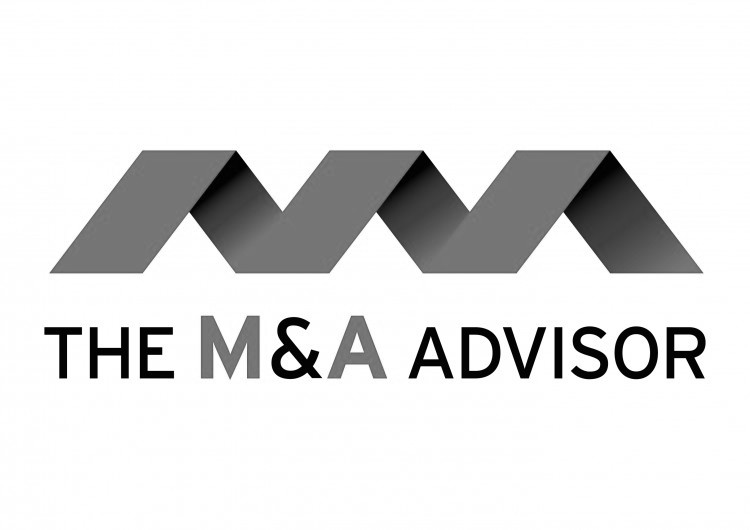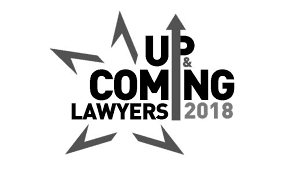Cleaning House: An Audit for Funding Your Business
July 30, 2015 Category: Business & Corporate Law
This blog is a part of the “Cleaning House” series on preparing your business for fundraising.
While preparing to raise funding for your business and prepping your business plan, pre-funding is a good time to undertake a complete audit and review of all of the company’s organizational and business documents to make sure that all of the necessary agreements are in place and to determine what rights and obligations may need to be disclosed, amended or even eliminated. Here’s a list of what you should audit as you prepare your business.
Organizational Documents
Before anyone starts to talk about raising money, are the company’s organizational documents complete? If the Company is an LLC is there an operating agreement? Is there a Buy/Sell? Does an essential employee have a covenant not to compete? Is there a Non-Disclosure Agreement to give potential business partners/investors at an initial meeting. Whatever agreements may exist between the key members or employees must be set forth in writing. Lawyers understand this concept quite well. Most new entrepreneurs do not. No one wants to become involved in a company that contains hidden deals, payments or obligations. If someone is entitled to a particular payment or cash flow, the documents should reflect that. Many companies aren’t even aware of the multitude of extraneous interests that exist until an audit is undertaken. Have certificates been issued. Has the Company elected officers and so on. Has it obtained all of its necessary operating permits? Is insurance in place?
Who Are The Key Players In The Business?
Can a funding source proceed with confidence that these people will remain committed into the future? Consider the need for employment agreements and covenants not to compete.
Is Intellectual Property Protected?
Intellectual property (“IP”) involves much more than patents. Is the business name protected? What about logos? Copyrights, trademarks etc. It is very difficult to find funding for a business that may lose rights to its intellectual property. Protecting IP is essential, not expensive and routinely forgotten until there’s a problem.
Are Roles Of The Key Players Well Defined?
As a business grows, disputes often arise between key participants over the division of labor. It is very important that the key players know their roles and maintain boundaries. There is nothing wrong with one person being responsible for more than one component of the business, but there is something very wrong with the person responsible for an area being routinely second guessed by someone who isn’t responsible (officially) for that area. Partners should hold each other accountable but holding someone accountable is different than watching over their shoulder. A company where the key players lack well defined roles is ripe for controversy. A company that is ripe for controversy isn’t ready for the guests to arrive.
How Is Equity Divided Today?
It seems remarkable, but many people involved in start-up businesses are unable to identify who owns what percentage of the company. Ownership interests need to be identified and defined; in writing. This includes being able to identify the principal’s invested capital and whether any options (written or verbal, have been granted to employees or third parties).
Are Transactions Documented?
Make sure that other critical documents are in place or discarded as the case may be. Does the company owe anyone money? Is there a written promissory note(s)? What about loans to and from the company and any one of its principals? There should be documentation for all loans. Funding sources tend to frown on internal loan obligations that aren’t subordinated to the interests of the funding source.
Does The Company Have A Lease?
Any third party investor will want to know that the Company can do business in the location in which it is presently doing business, that it has the right to be where it is presently located or that it has the right to be where it wants to be.
Are There Bad Apples?
Before seeking funding, get rid of the malcontents. There is nothing worse than being disparaged at the same time one is trying to convince the world of the wonders of a project.
Clean Up The Financial Statements
Clean up the balance sheet and spend time on your income statement. Bring finances up to date and make sure the financials go back in time three years (assuming the company has existed for that long). The more formal the businesses financial statements (accountant reviewed vs. internally prepared or generated) the better. Income statements are important because it identifies the flow of revenue and expenses (sometimes unnecessary expenses). Make sure that material obligations are identified and that the business can comfortably represent to anyone that all tax returns have been filed and all taxes have been paid. Consult the company’s tax advisor and the tax advisor for the principals. Understanding the principals’ personal (and company) tax situation may help identify funding options. Even if you there isn’t yet a meaningful revenue stream, this exercise will help the business focus on what the projections should look like and what assumption should be included.
Clean Up The Physical Plant
Will a visitor see order or chaos?
Prepare A Clean Up Document Checklist
Create a business document checklist to help insure that all documents that need to be in place, and are anticipated to exist by any prospective investors, are in place.
Read more of our “Cleaning House” series:
- Getting Ready for Funding Your Business
- To Disclose or Not Disclose to Your Investor?
- The Top 10 Questions An Investor Will Ask You (hosted on Michipreneur.com)
Have questions on fundraising? Join us at our office in Bloomfield Hills at 4 p.m. the first Tuesday of every month for the Hertz Schram Deal Incubator where we discuss issues on funding like this one in a casual environment. RSVP for this free event today by emailing: Ksilver@hertzschram.com.
















